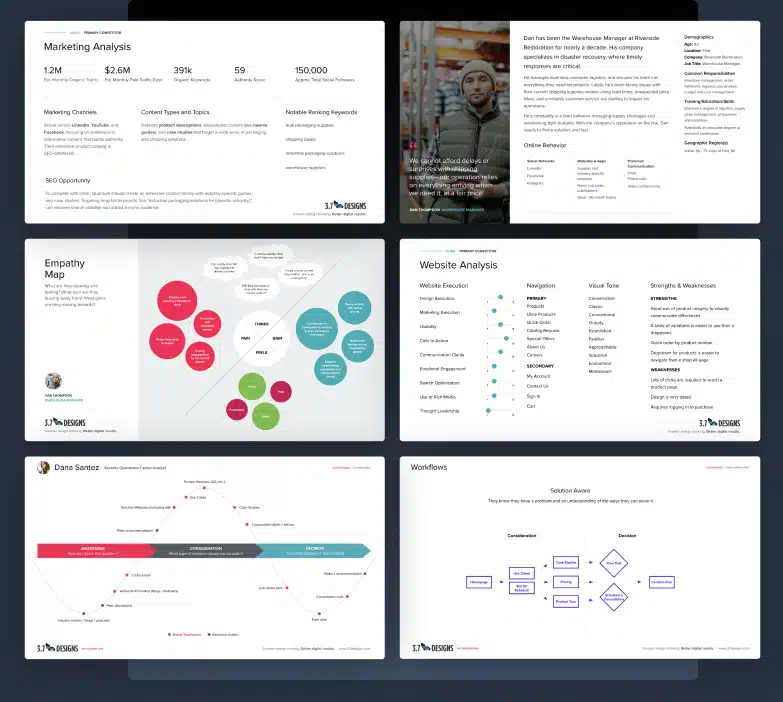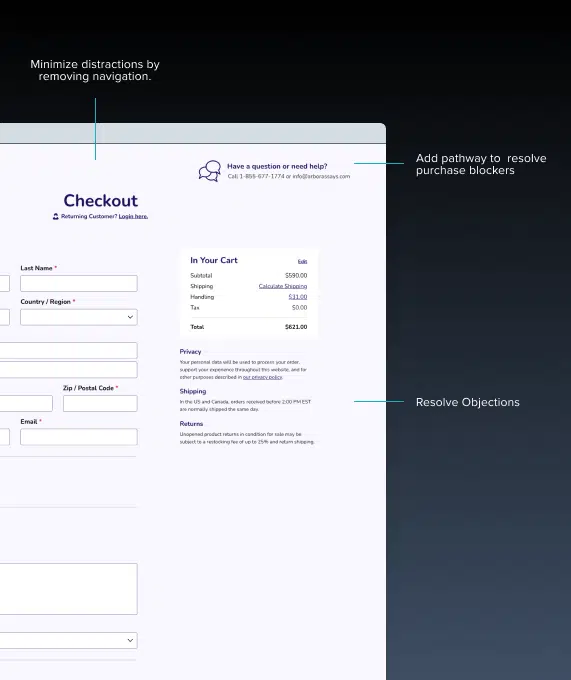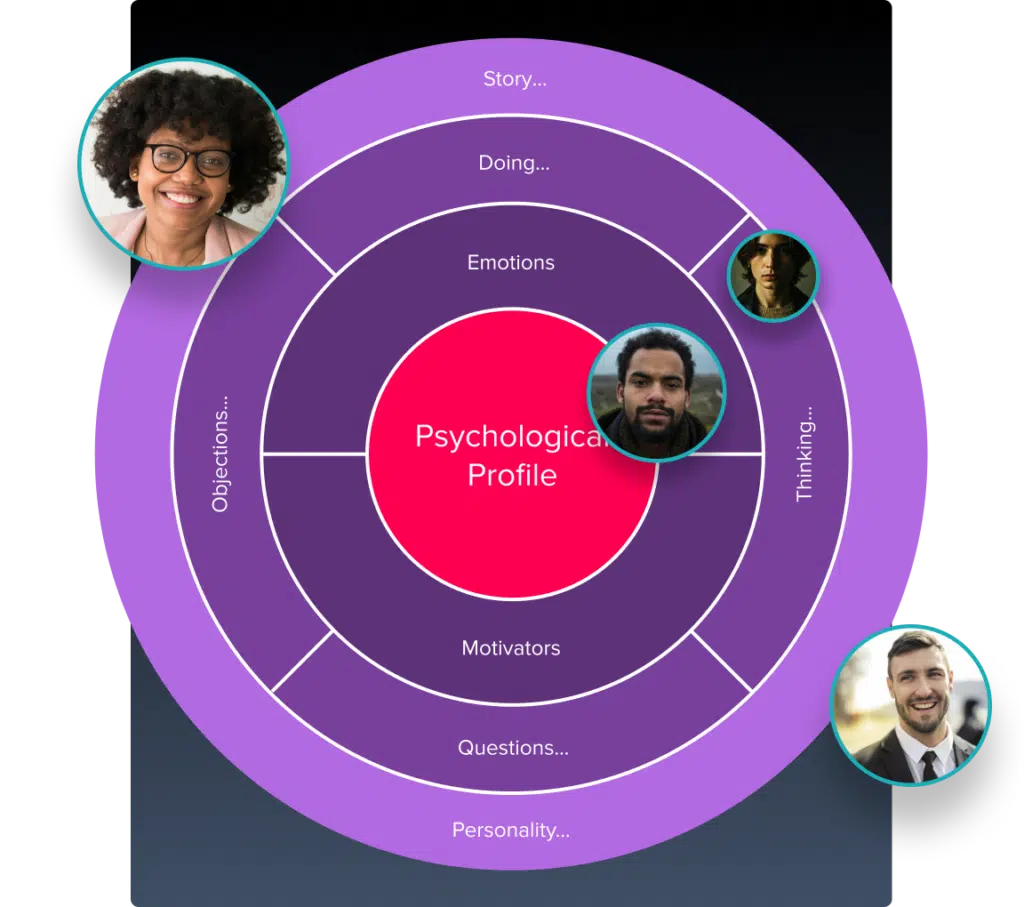
Surprise. Delight. Engage.
Successful applications delight users and keep them coming back. If you’re opting for an interface designed by engineers or yourself, you’re likely not creating the ideal user experience, or achieving the delight and engagement you want.
Don’t settle for average interfaces or frustrating user experiences in this highly digital world. Users judge your brand, products, and services based on ease of use, aesthetic quality, and their overall experience.
Smarter design is a critical factor in determining success or failure, growth or stagnation. Well-executed design leads to better word of mouth, greater adoption, and more frequent use.
We’ve rescued dozens of uninspiring, hard-to-use, and bland interfaces. With a team of industry experts (including one who wrote a leading book on interface design), we can design an interface that’s highly usable, beautiful, and emotionally engaging. With it, you can attract and retain more users, secure more funding, and truly delight your users.
Keep users happy with a streamlined, intuitive interface that compels them to repeatedly return, with pleasure.

Discovering Key Insights and Developing a Strategy for User Experience Success
Through research, analysis, and collaboration, we uncover what your users need and create a clear roadmap to deliver intuitive and impactful experiences.
- Requirements Analysis
- User Research
- UX Workshops
- UX Strategy / Roadmap
Creating Intuitive Designs That Bring Your User Experience Strategy to Life
We transform insights into seamless user experiences and visually engaging interfaces that captivate your audience and drive results.
- User Interface Design
- User Experience Design
- Prototype Development
- Design Systems

Testing, Analyzing, and Optimizing for User Experience and Conversion Success
We use data-driven testing and insights to continuously improve usability, enhance user satisfaction, and maximize conversion rates.
- UX Audits
- Website Analytics
- Usability/Split Testing
- Conversion Rate Optimization
- 06 Emotion
- 05 Communication
- 04 Value
- 03 Usability
- 02 Reliability
- 01 Function
Design Psychology
Design Thinking
01
Function
What’s the main purpose of your website? You may have several, but to create the most effective functionality, we use this layer to zero in on one primary objective.
02
Reliability
Regardless of device or user restrictions, your visitors must have a consistent experience. So this layer ensures your website design doesn’t create any unnecessary challenges.
03
Usability
People come to your website with goals in mind. With this layer, we make sure they reach these goals as quickly as possible, while setting the tone for a positive experience.
04
Value
How could you put someone in a better position based on what they want to accomplish? This layer is where we look for opportunities to incorporate tools, resources and information that improve your visitors’ situation.
05
Communication
Rather than designing for your preferences, you must design for the psychological aspects of your target audience. So this layer leads to design that immediately resonates and communicates the right message to the people you want to reach.
06
Emotion
Emotions influence almost every human decision. So we use this layer to settle in on specific emotional responses — created through design — that push your visitors toward a designed action.
The Six Layers of Design
Design thinking is such a critical part of our offering that we’ve developed our own design methodology (the six layers of design) and process (saturation) to guide each project we engage in.
We apply this methodology to every interface design project to ensure the end result is as compelling as possible.
Never design in a vacuum
Design without data is guesswork. To ensure your interface is as effective as possible, we start every project with a healthy dose of learning.
We talk to users, analyze behavioral data, and perform usability tests to make sure we understand and empathize with your user’s journey. We turn the right knowledge into practical power for better results.

Leading frustrating interfaces to delight
Our process for delivering memorable user experiences that drive business outcomes.
Define
First, we understand your needs and define the proper approach. With over 100 user experience research techniques available, which is the right fit to get the best results for you?
Discover
Research your target audience, understand their thoughts, and explore conventions and potential User Interface (UI) approaches.
Prototype
Quickly build low-fidelity models to test and assess workflows and the user experience. An ideal, cost-effective way to see what works early in the process.
Iterate
Roll findings into newer, more refined concepts as we work towards a release design that’s totally ready for the real web world.
Release
Deploy the new design into live application, knowing that it’s been tested and is now ready for practical use.
Analyze
Monitor user behavior for improvement insights which inform the next round of designs. It’s honing, enhancing, and adding new aspects to improve on usability and performance.
A sample of our UI/UX design projects
LearnDash
Leading learning management system changes the industry. Again.
50+
User Experience Improvements
13
Interface Refreshes
12
Custom Icons
NJ.com
Reporting high school sports – live and local
8
Custom Interfaces
6
User Workflows
6
Rounds of UX Iterations
Remake Learning Days
Shaping the future of learning
850+
Events submitted
50,000+
Attendies
32 Million
Social media impressions
Interface design
Learn how to ask the right questions and put knowledge to work
-
Methods Paper prototyping for streamlined designs
In an age of big data availability on user behavior, it’s smart to adopt a methodology of release, test, learn, and iterate.
Why spend six months redesigning your website or application based on speculation when you can launch quickly, continually make improvements, and learn what works and what doesn’t? That’s a smarter process. -
Tools How to create personas for your user experience
User personas are one of the most effective ways to improve the quality of your designs. Often created during design discovery, personas are a tool to better understand your target audience and make your team intimately familiar with it. When used properly, user personas ensure you stay on course and end up with the strongest possible design concept.
-
Methods User experience design with mental models
Have you ever tried a new product thinking it would be difficult, but found it easy? Or figured something should be easy, but it was anything but? In the latter case, the product wasn’t designed with an understanding of how you think. Design intuitiveness is determined by the difference between how you expect something to work and how it actually functions. Key insights here can have a huge effect on the success of your interface.

Get in touch
Discover how we can propel you towards your goals.
We’ve helped numerous clients achieve their goals, and we’re excited to do the same for you. Ready to kick things off?